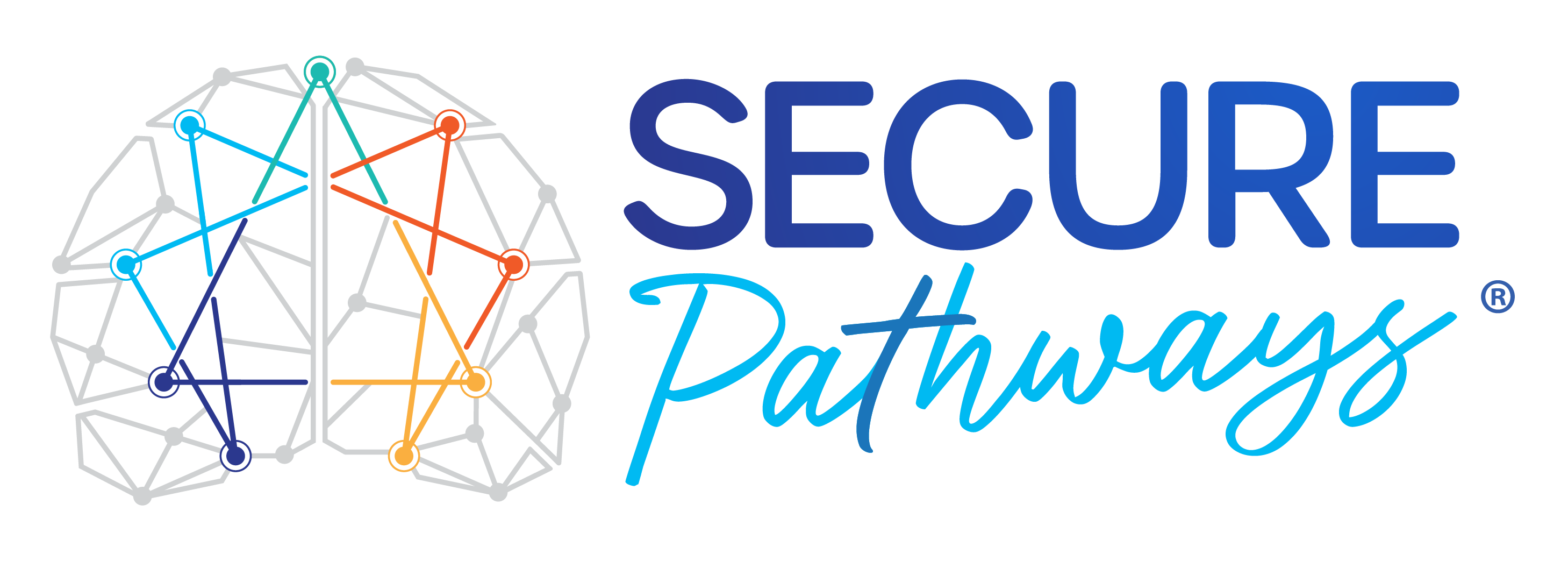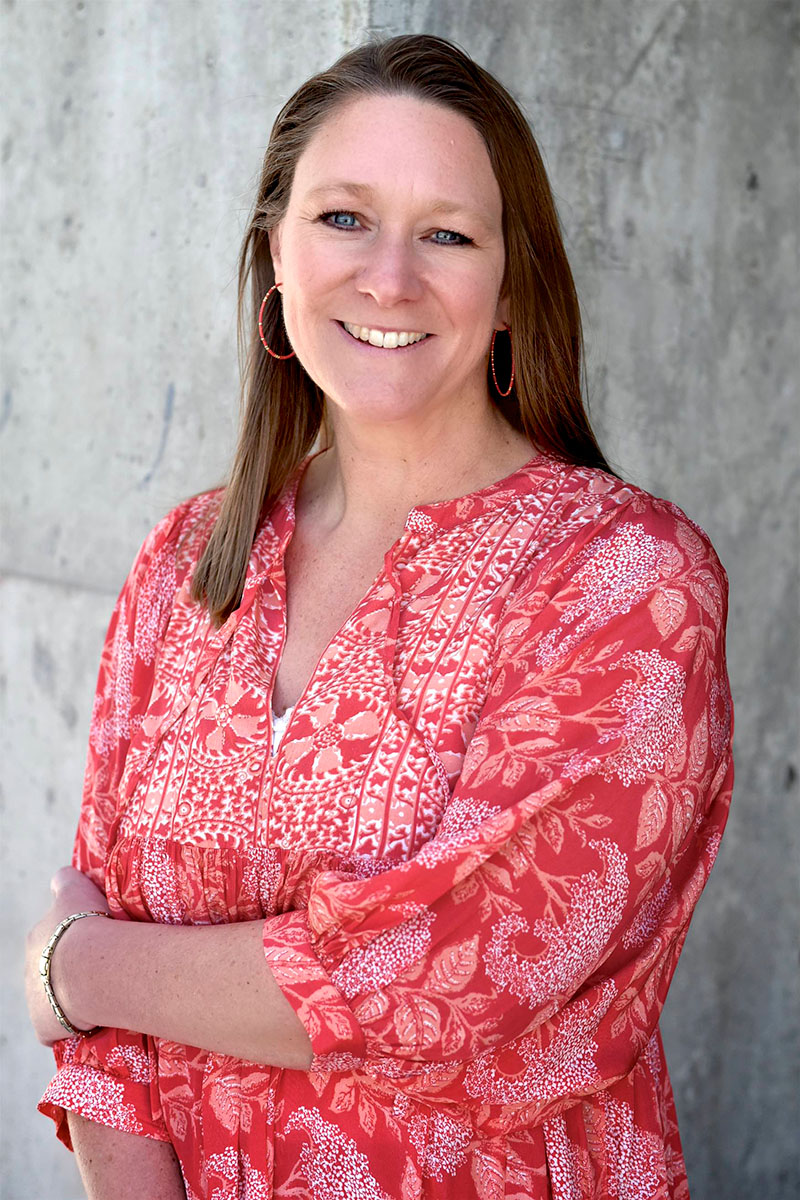We’re continuing our Parenting Patterns series, where we explore how our personality, attachment history, and life experiences shape the way we show up as parents. In this mini-series, we’re focusing on the Emotion Regulation Triads—the ways we tend to manage difficult emotions or cope when life (or our kids) doesn’t go as planned.
These triads—sometimes called Harmonic Groups or Conflict Coping Styles—reveal our default mode when we feel disappointed, frustrated, or hurt. By understanding these patterns, we can move from reacting to responding, and from avoidance or escalation toward genuine connection.
Because even the holiest parents have blind spots—and God is not done with us yet.
The Positive Outlook Triad: Hopeful, Warm, and Sometimes Avoidant
If you’re a Type 2, 7, or 9 parent, you likely belong to the Positive Outlook Triad. You’re generally optimistic, encouraging, and relational. When challenges come, you tend to focus on what’s going well or what could be better in the future. You prefer harmony over heaviness, positivity over pain.
- Type 2 parents (The Helpers) want to stay connected, so they downplay shame or personal hurt by focusing on helping others and meeting their children’s needs.
- Type 7 parents (The Enthusiasts) want to stay happy, so they shift away from discomfort or anxiety by keeping things upbeat, fun, and full of possibilities.
- Type 9 parents (The Peacemakers) want to stay comfortable, so they smooth over tension or move away from anger and distract themselves from anything that might disturb the peace.
Parents in this triad tend to use hope, reframing, or avoidance to manage emotions. You “revamp” negative feelings into something more palatable. You might tell yourself, It’s not that bad, They didn’t mean it, or We’ll laugh about this later.
It’s a beautiful strength to bring warmth, joy, and lightness into your home—but sometimes your desire for peace and positivity can keep you from engaging with the pain that needs attention.
The Positive Outlook Triad and Parenting
🌟 Strengths:
- You bring optimism and encouragement that helps children feel accepted and valued.
- You create a warm, joyful environment, helping kids find laughter even when life is hard.
- You tend to believe the best in your children, offering grace when they fall short.
- You naturally reframe difficulties, helping your family find hope and gratitude in everyday moments.
⚠️ Challenges:
- You may unintentionally avoid conflict or hard emotions, which can leave problems unresolved or feelings unvalidated.
- You might minimize your child’s distress, offering quick fixes (“You’re fine!” or “Let’s think about something fun!”) rather than sitting with their feelings.
- Your focus on harmony may cause you to ignore your own needs or deeper hurts, leading to resentment or emotional fatigue.
- You may confuse peacekeeping with peacemaking—avoiding discomfort rather than working through it together.
What Your Child May Need From You (That’s Hard for You to See)
- Permission to feel all their feelings, even the uncomfortable ones. Your joy is contagious, but so is your discomfort with sadness.
- Empathy before reframing. Sometimes they need your presence and to feel heard before you help them find the bright side.
- Modeling honest emotion. Let your child see that it’s normal to feel sad, angry, or disappointed and still be loved.
- Engagement in conflict. Avoiding it might keep the peace for a moment, but working through it builds long-term trust.
Your child doesn’t need you to fix their feelings or re-focus their feelings—they need you to walk with them through them.
Encouragement for Positive Outlook Triad Parents
God delights in your hope-filled heart. You reflect His goodness when you lift others up, celebrate beauty, and remind your family that joy still exists. But even Jesus wept. His example reminds us that the fullness of love includes the willingness to enter sorrow.
“Rejoice with those who rejoice; mourn with those who mourn.” — Romans 12:15
When you allow space for sadness, frustration, or fear, you’re not losing your joy—you’re deepening it. True hope doesn’t deny pain; it grows through it.
Your positivity is a strength, but your willingness to stay present in hard moments will become your child’s safe harbor. Remember: you don’t need to rescue your child from every difficulty but to stand next to them and hold their hand through it.
Reflection Questions
- When your child is upset, how quickly do you move to “make it better”?
- How comfortable are you with sadness, disappointment, or anger—your own or your child’s?
- What might happen if you stayed present a little longer in the hard moment before moving toward the positive?
- How does your faith help you trust that God can meet you and your child in the mess, not just beyond it?
Final Thought
If you’re in the Positive Outlook Triad, your gift is the ability to bring warmth, joy, and perspective to your family. You help your children believe that tomorrow can be better—and that’s a beautiful reflection of God’s hope.
Your growth edge is learning that God’s light doesn’t only shine after the storm subsides—it’s also present in the clouds.
When you can hold both joy and pain with grace, you give your child a precious gift: the confidence that love is strong enough to face anything. They also learn the beauty of joy is only fully appreciated by experiencing pain.
👉 Get my weekly emails delivered right to your inbox by clicking here!
Grab my Feelings Circle to help your children name their feelings.
*Recent work by Dan Siegel and the PDP (2024). Personality and Wholeness in Therapy: Integrating 9 Patterns of Developmental Pathways in Clinical Practice. Norton: New York, NY.



